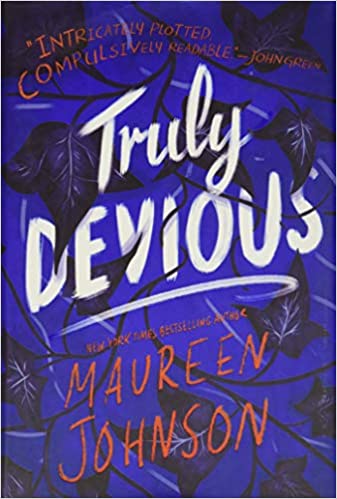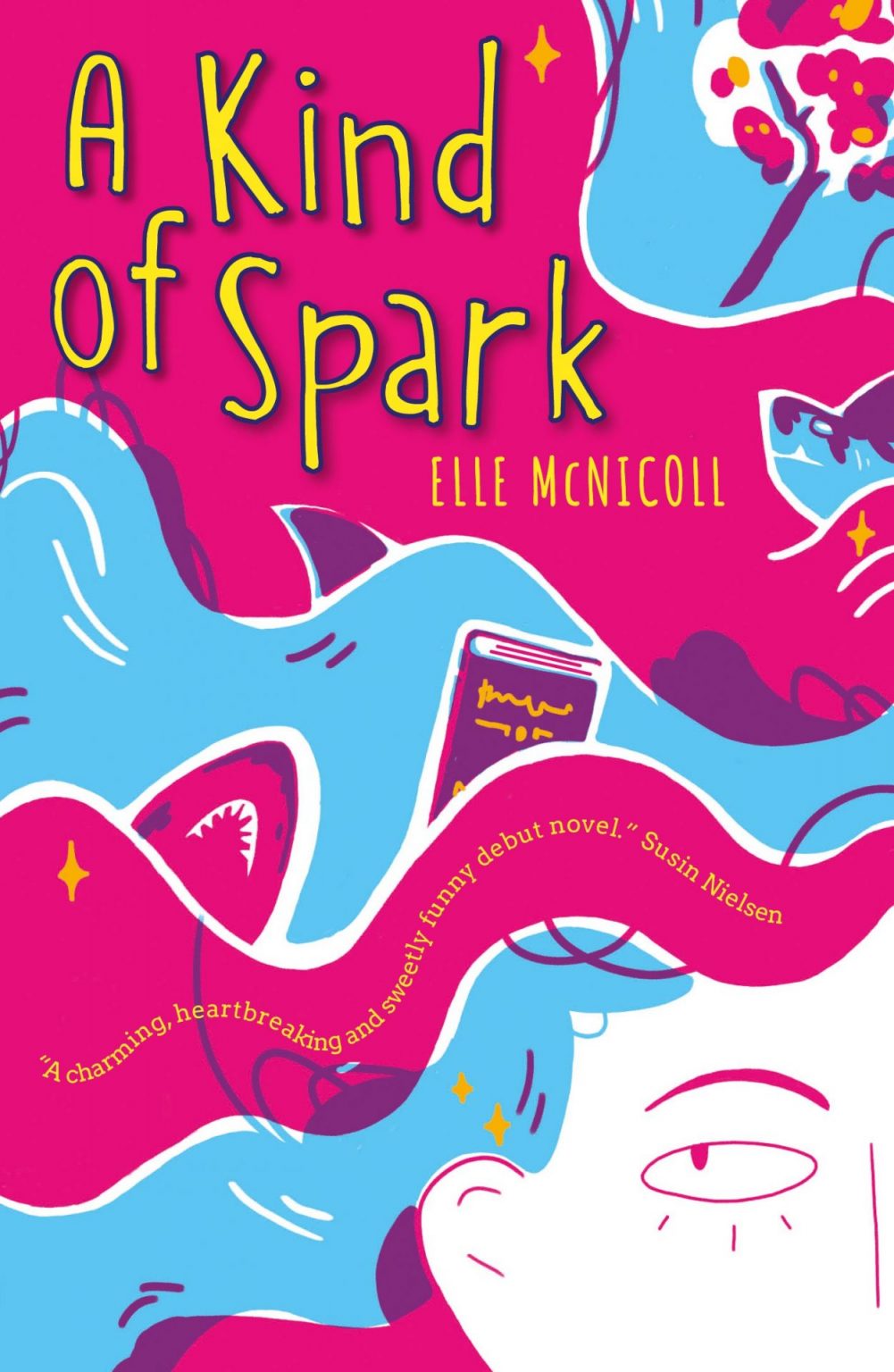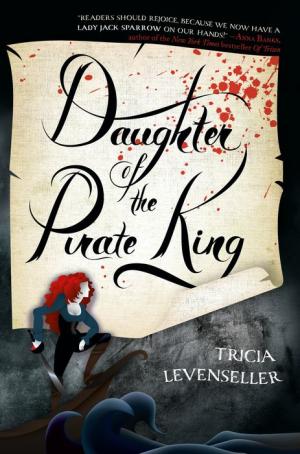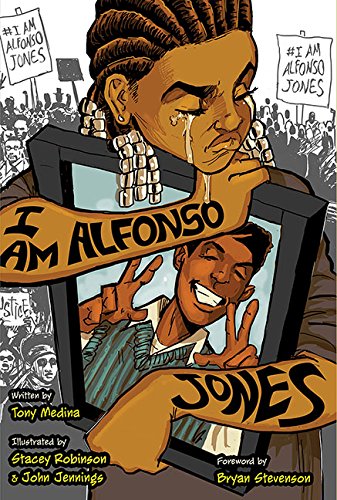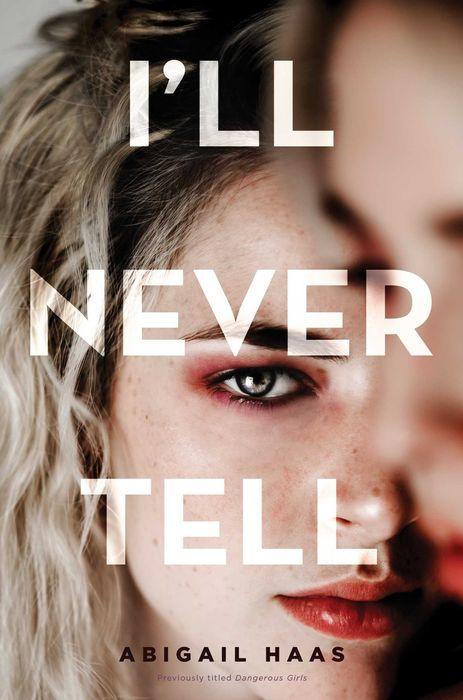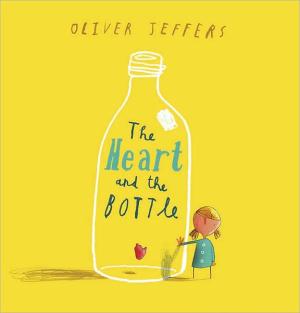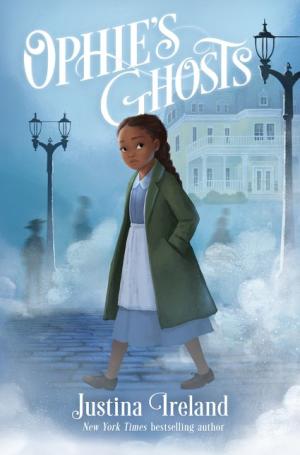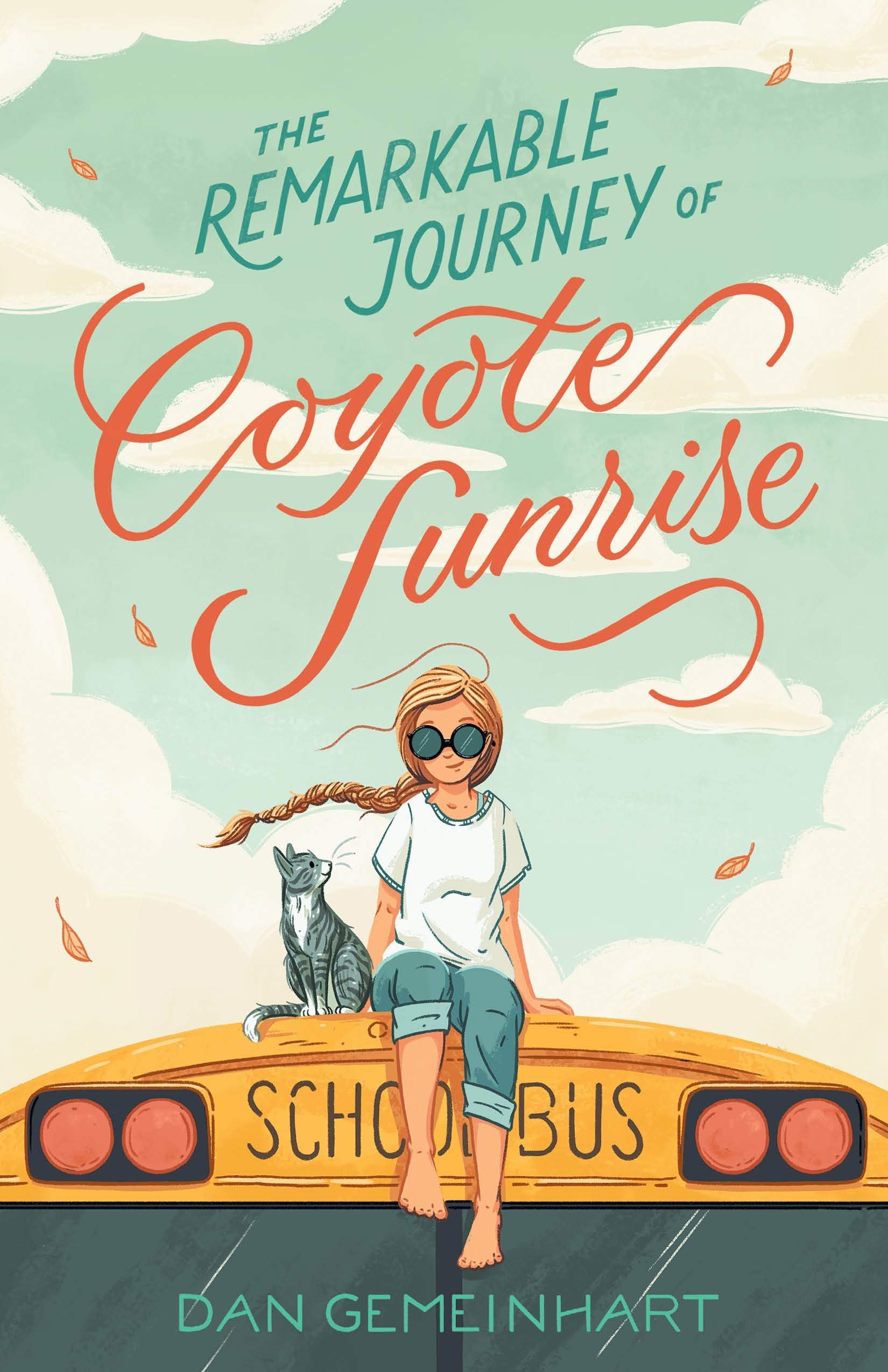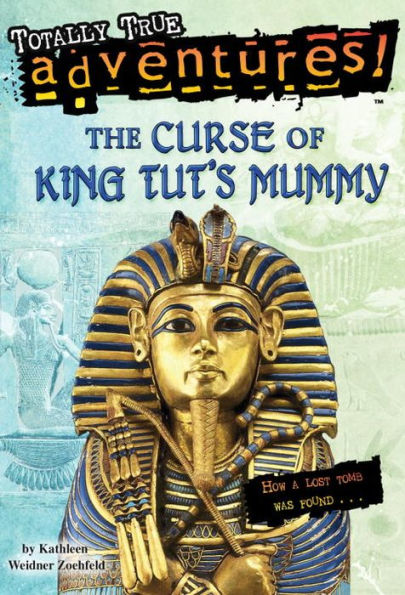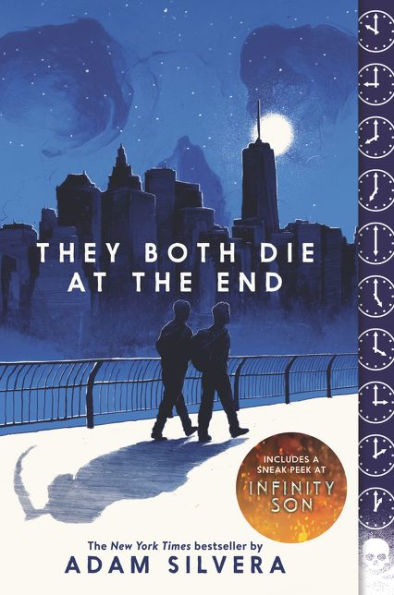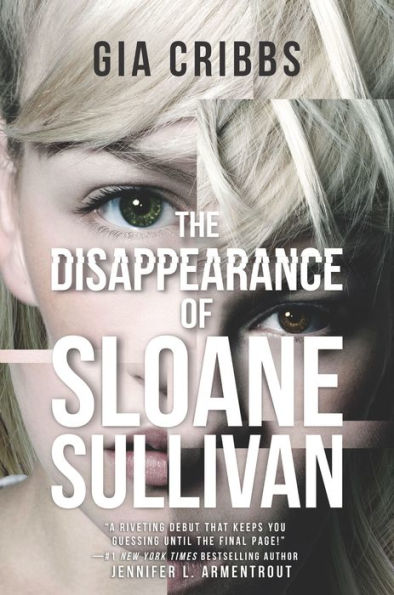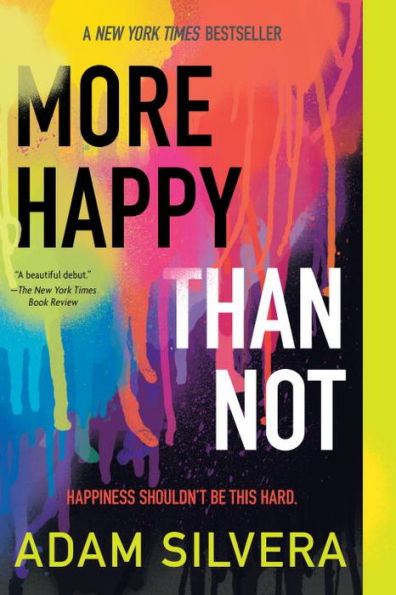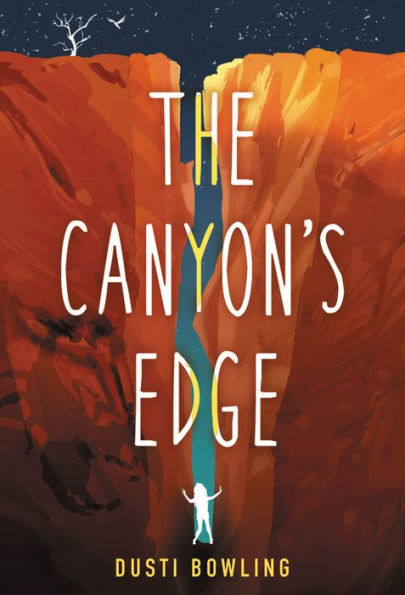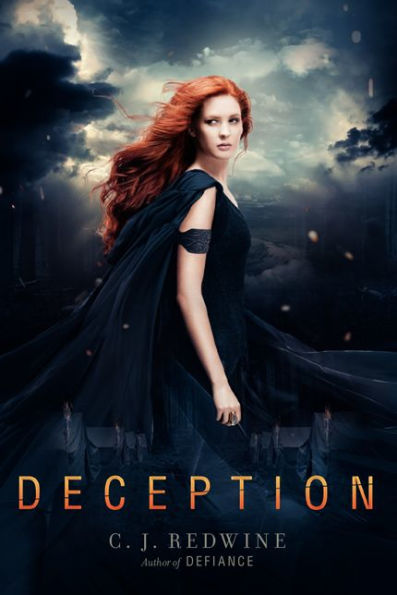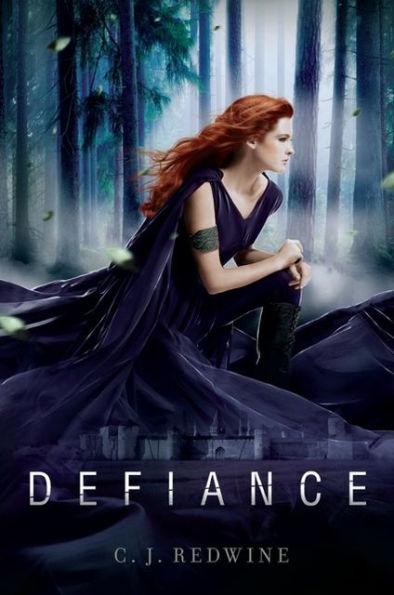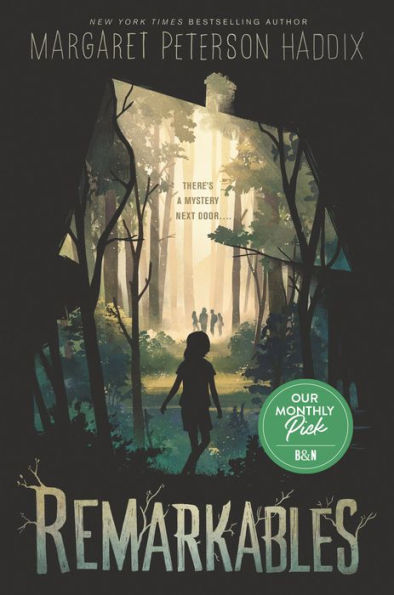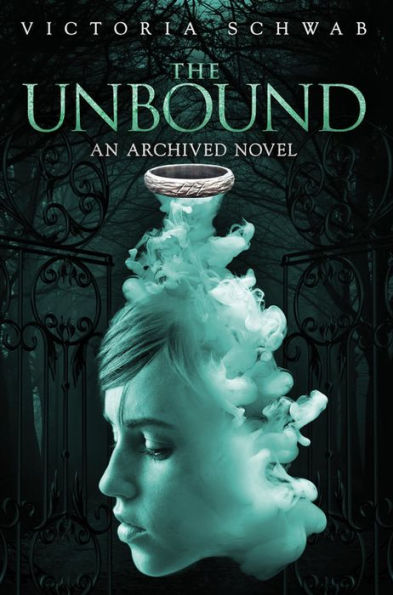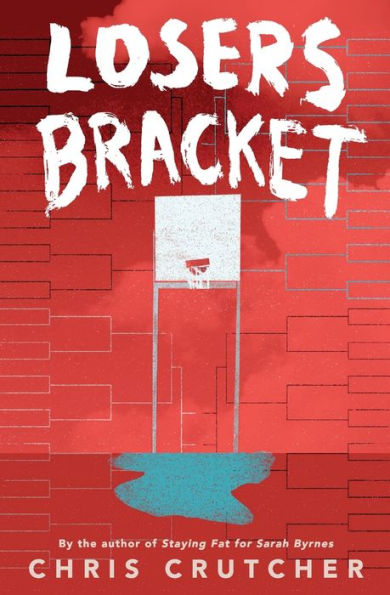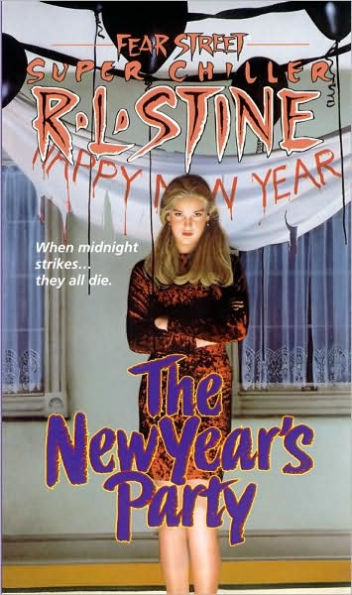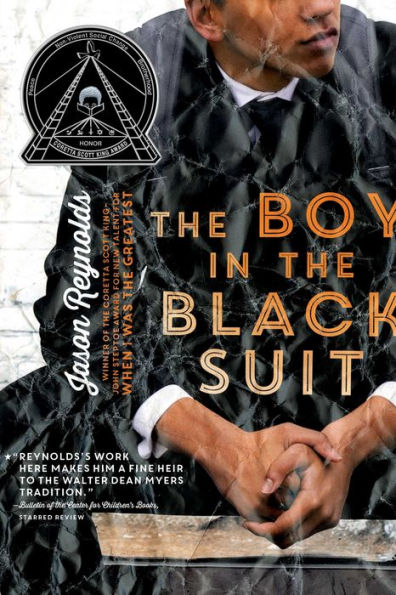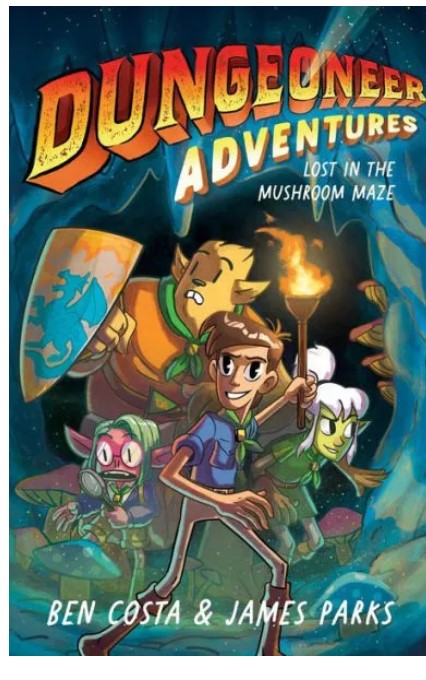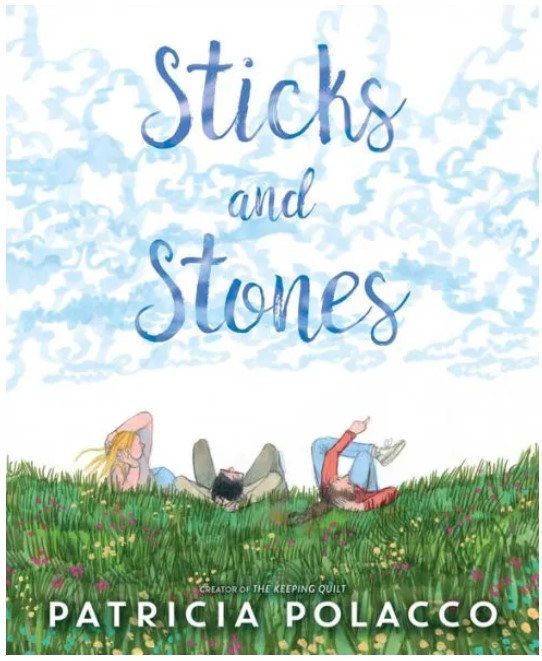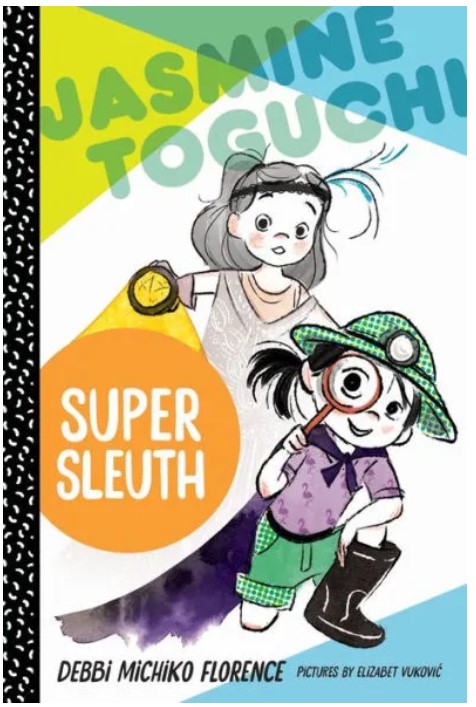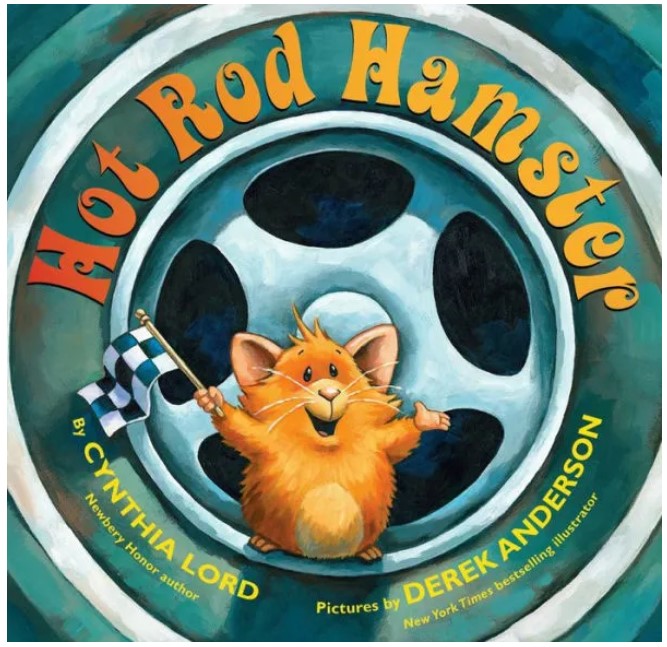Ardor, a newfound asteroid, is barreling towards the earth—coming closer and closer each day. The threat of Ardor becomes clear as it is determined to have the capability to wipe out the entirety of civilization. Suddenly the simple lives of four teens doesn’t seem so cut and dry anymore. Given a few weeks left to live, the four find themselves contemplating life and what they want out of it.
Andy, Anita, Eliza, and Peter—four unsuspecting students at the same high school – find themselves intertwined in the lives of each other when an asteroid threatens to demolish the earth. Peter finds himself questioning if all there is to life is sports and the prospect of growing old. Andy has never cared about anyone or anything other than his best friend Bobo, but suddenly that changes when Anita comes into his life. Since the day she was born, Anita has only ever known the pressure to go to Princeton and fulfill the investment that her family has made in her. And Eliza finds art to be more reliable and kinder than any friend has proven to be. In the past, the four have passed each other in the hallway and only made off-handed comments to one another when no one is around. They have carried on with their lives and kept to their social crowds . . . until an asteroid threatens their planet.
Anita runs away from the restrictions of her family and becomes roommates with Andy as they pursue a music career and hope to perform at the end of the world concert. Peter has found the courage to declare his love for Eliza, even though they have an exceptionally bad history. Andy has no idea what he wants, but he knows that his best friend Bobo is acting crueler than usual. And Eliza begins photographing the pre-apocalyptic version of Seattle and posting it on Tumblr which quickly earns her more fame than she would like.
As the asteroid gets closer, the four go from strangers to friends. They confide in each other, plan an end of the world party, and defend Peter’s sister from her boyfriend and a drug dealer. They even break a bunch of teenagers out of a juvenile detention center. Four distinctly different characters come together and showcase that sometimes there is a comfort that comes from being seen by those you never thought were looking in the first place.
We All Looked Up gives the reader a unique glimpse into the thoughts of teenagers who grapple with the threat of the end of the world. Overall, the development of the characters is strong. But the societal labels put on the four main characters can come off a bit cliché, especially with the novel being set in high school. Each chapter alternates between Peter’s, Anita’s, Andy’s, and Eliza’s point of view, which allows the reader to get a glimpse into the inner thoughts of each character. While the actions of some of the characters are not exactly likable, they are entirely relatable. Coming from a teenager’s vantage point, it is easy to understand their reactions and missteps add a sense of realness to the story that elevates it for the reader.
The plot examines adult topics such as toxic relationships, drug and alcohol use, mental illness, self-harm, and gang-related violence. In addition, the scenes pertaining to violence are graphic and may disturb sensitive readers. If you’re looking for a story with a happy ending, potentially forego reading We All Looked Up due to the serious topics and melancholy conclusion. However, We All Looked Up is a good read for those who like to contemplate life’s what-ifs. For each trial the characters face, readers are reminded of the fact that everyone is just trying their best at life. People work constantly to exceed and yet can still fall short, but there is beauty in the fact that you can get up and try again. We All Looked Up reminds us that there is no better time than the present to start making the most of every day we have because no one knows exactly how many more precious days they have left to live.
Sexual Content
- Eliza’s dad refers to her best friend Madeline as “a stripper dressed up as a prostitute for Halloween.”
- Bobo (Andy’s best friend and Misery’s boyfriend) makes a bet with Andy. Andy must lose his virginity to Eliza before Ardor hits, or he has to pay Bobo $1,000. Andy says, “Come on, it’s inevitable. You’re the biggest virgin at Hamilton, and she’s the biggest slut. You’re just working the odds.”
- Eliza recounts making out with Peter in the art room and being caught. “He sat her down on the table, still kissing her, his tongue rough in her mouth, and his hands were making their way up her shirt when the lights flickered on. A skinny blond girl stood between the black curtains in the doorway, her mouth agape, like some cartoon character expressing shock.”
- Eliza brings a guy home with her from the bar, and it is alluded to that they have sex. “It took her fifteen minutes in front of the bathroom mirror to scrape away the telltale signs of an alcohol fueled one-night stand.”
- After being caught making out with Peter, Eliza goes to school and sees that the word “S-L-U-T” painted on her locker. “By the time Eliza got to school the next morning, someone had already spray-painted her locker, one huge black word with four capital letters: S-L-U-T.”
- Eliza mentions losing her virginity. “In reality, she’d never had a serious boyfriend, and she’d lost her virginity practically by accident at a summer camp for blossoming artists, to a pale Goth boy who only painted wilted flowers.”
- Anita and Andy have sex before they perform at the concert. “‘I don’t want to die a virgin,’ Anita said. She immediately covered her face with her hands. ‘I know it’s crazy to say that right now, with everything that’s happened, but it’s the truth.’ She straightened up, took a deep breath, and looked him straight in the eye. ‘I like you. If you’re into it, then I’m into it.’”
- Peter and Eliza have sex at the release party at the detention center. “Misery was one. Hopefully, she’d gotten a ride home. He had no idea what he’d say to his parents if he had to show up without her. Sorry, but I got distracted having sex with this girl I cheated on Stacey with last year. You’re going to love her.”
- Eliza and Andy drunkenly kiss and begin to remove each other’s clothing. They proceed to almost have sex before Anita walks in and Eliza runs out of the room. “But as Eliza felt his hand drop down between her legs, as she unconsciously ground against him with her hips, she felt the wrongness of what she was doing crash like an asteroid against the plant-size need to connect with someone, with anyone, and she pushed him off her with a fury that she knew he wouldn’t understand.”
- Another inmate asks Eliza if she would sleep with him. “You don’t know me, but I’m a really nice person. And I think you’re absolutely beautiful. If you tell me to go, I’ll go. But, I’d love to hook up with you, and because it’s the end of the world and we’re stuck here, I figured I might as well ask.”
Violence
- Andy talks about the cop that is standing at the end of the football field of the high school and mentions his gun. He states, “Andy half expected him to whip out his sidearm and mow them all down.”
- Peter gets brutally beaten by Golden and Bobo. At one point, Golden instructs Peter to put his hands behind his back to allow Bobo to attack him even further. “‘Hands behind your back,’ Golden said. He had the gun trained on Peter’s forehead. ‘Bobo, tie him up. He’ll probably kick your ass by accident otherwise.’”
- Andy tases Peter with the encouragement of Bobo. “At first, Andy thought Peter was playacting-quaking and quivering like a fish just pulled out of the water, little grunts coming out of his slack mouth. Then his knees buckled and his forehead collided with the pavement. His body went still.”
- Peter punches Bobo in the face after he makes a foul remark about Eliza. “A black blur of movement, a meaty thunk. Bobo was suddenly bent over, holding his hands to his stomach. And there was Peter, appearing out of nowhere, like some kind of superhero.”
- Police intervene at a rally being held and begin to use tear gas to disperse the crowds.
- Eliza tries to talk to a cop and he detains her instead. “The cop wretched Eliza’s arm behind her back, and then he was carrying her away, back beyond the wall of shields.”
- Eliza, Misery, Bobo, and Kevin get detained and put into a juvenile detention center for being at the rally.
- Andy references the suicide pact that he had with Bobo and how he was unable to go through with it. “He called Bobo’s cell as soon as he realized he couldn’t go through with it, but there was no answer, so he called the police. Later on, a paramedic told him it had come down to just a few minutes.”
- Andy and Bobo steal a guitar from the mall and witness others looting.
- Bobo kidnaps Misery and keeps her held hostage at the hotel he is staying at.
- Anita shoots Golden. “‘What happened to Golden?’ Peter asked. ‘I shot him,’ Anita said. There was no remorse in her voice.”
- Eliza stabs Bobo. “He slid off her, onto the floor, and she jumped on top of him, preparing for the next assault. But he didn’t move. She’d aimed for the heart and she’d found it.”
Drugs and Alcohol
- Andy says he wants to “smoke a bowl.”
- Andy mentions that Bobo’s dad was in an alcohol treatment facility.
- Peter and Andy successfully get the detention center to release the juvenile occupants, the protestors have a large party in the detention center. There is a lot of alcohol provided and everyone is heavily intoxicated.
- The characters frequently drink out of a bottle of alcohol or finish a bottle of alcohol.
Language
- Profanity is used regularly and includes words such as shit, fuck, and ass.
- Bobo is said to be able to “chat up the crackheads and gangbangers.”
- Eliza is talking about her encounter with Peter with her father and says, “He can fuck off and die for all I care.”
- When Eliza goes to see her father, he says “Gaga’s a fucking hag next to you.”
- The term slut is used frequently.
Supernatural
- None
Spiritual Content
- Peter admits that he is a “Christian”, while Eliza confesses that she doesn’t believe in God.
- As Ardor makes contact with the earth, Eliza finds herself “praying for forgiveness. Praying for grace. Praying for mercy.”
by Cassady McIntyre

